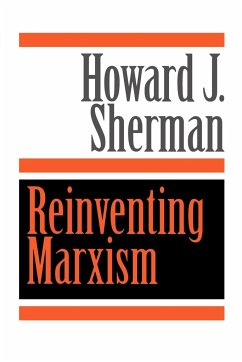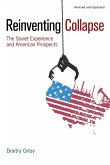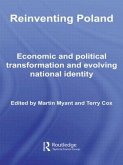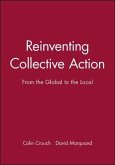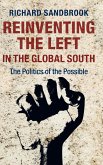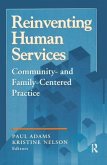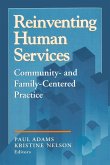The collapse of the Soviet Union provides economist Howard Sherman with the opportunity to re-evaluate Marxism as an alternative to conventional pro-capitalist perspectives. Arguing that Soviet Marxism distorted Marxian thought, Sherman acknowledges that Marxism must move beyond its traditional Soviet formulation. What is needed, he writes, is a new, critical Marxism that is integral to a radical political economy - a Marxism that sees society as an organic whole dependent upon an integrated set of relationships. Sherman applies his relational-historical approach to four problems: poverty and exploitation, unemployment, the state, and the history of the Soviet Union. Then, using the same approach, he explores several important subjects of classical Marxism - dialectics, materialism, determinism, and Marxian humanism. The result is an understanding of Marxism that is more open-ended, flexible, and nuanced than previous approaches had allowed. In the final part of the book Sherman reconstructs contemporary Marxism as a political economy, and uses it as a critique of such failed communist societies as the former Yugoslavia and Soviet Union. He also shows how Marxism can be a valuable tool for examining society, economics, and politics in the United States.
Hinweis: Dieser Artikel kann nur an eine deutsche Lieferadresse ausgeliefert werden.
Hinweis: Dieser Artikel kann nur an eine deutsche Lieferadresse ausgeliefert werden.

